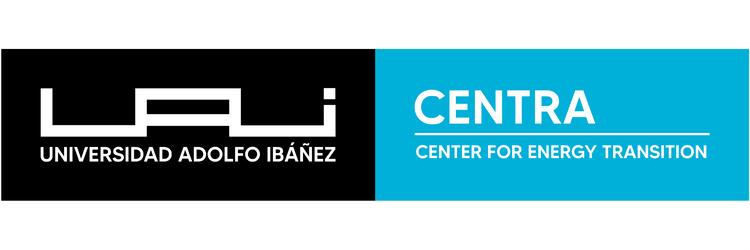Column by Cristián Araya M.: Framework Law on Climate Change: A matter of principles
December 12, 2022
“…Represents a transformation that will bring significant opportunities for the country…” This is how the current Minister of the Environment, Maisa Rojas, described the Framework Law on Climate Change (LCC) during a Senate Environment Committee session when she served as an advisor to the committee.
This transformation could soon become a reality once the LCC is fully implemented. With its ambitious and comprehensive goals, the new legislation aims to make a substantial impact.
Core Aspects of the Framework Law on Climate Change
One of the key features of the LCC is the transversal incorporation of fifteen (15) explicit principles into Chile’s environmental regulations. These principles will guide how the law is interpreted and applied across various instruments. All policies, plans, programs, regulations, and actions executed under the LCC must be inspired by these principles. Administrative bodies and judicial entities will need to give special consideration to these principles in their decisions, actions, and rulings.
Although this is not the space for an exhaustive description of all the principles, the following stand out:
- Cost-effectiveness: Prioritizes measures with the lowest economic, environmental, and social costs, considering the indirect costs of inaction on adaptation.
- Ecosystem approach: Focuses on conserving the structure and function of ecological systems.
- Equity and climate justice: Requires the state to ensure a fair distribution of burdens, costs, and benefits, safeguarding future generations’ ability to meet their needs. It emphasizes gender perspectives and vulnerable communities and territories.
- Non-regression: Prohibits changes in climate management that would compromise mitigation or adaptation objectives or reduce previous levels of environmental protection.
- Precautionary principle: Mandates adopting measures to prevent severe or irreversible harm, even in cases of scientific uncertainty.
- Territoriality: Requires national and local plans, policies, and programs to align and consider the diversity of each territory.
Implications for Environmental Actions and Instruments
These principles will significantly influence various actions and instruments under the LCC, including:
- The Environmental Impact Assessment System (SEIA): Projects will need to include climate change variables in relevant components.
- The preparation of Nationally Determined Contributions (NDCs), Long-Term Climate Strategy (ECLP), and Sectoral Plans (PS).
- The development of Regional and Local Climate Action Plans.
- The creation of the Climate Change Financial Strategy and its integration into the national fiscal budget to promote a climate-resilient and carbon-neutral development model.
Broader Impact
The incorporation of these principles into Chile’s climate and environmental policy framework is expected to drive significant advancements in addressing climate change. By aligning policies and actions with these guiding principles, the LCC aims to ensure a just, resilient, and sustainable transition for Chile.
Read more in La Tercera.

